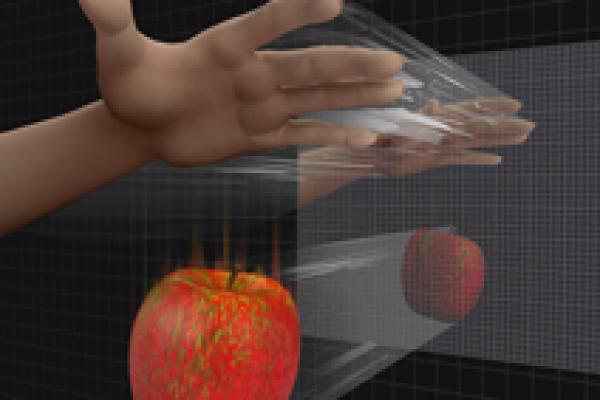Content about “ quantum mechanics
”
What is time: The podcast

Living Proof: Céline Broeckaert and Frank Verstraete
In this episode of Living Proof we talk to a playwright and a physicist about a book they have written together on the marvellous but tricky theory of quantum mechanics!

Living proof: Codina Cotar and some amazing mathematical art
In this episode of Maths on the Move Codina Cotar discusses some of the jaw-dropping entries of a recent maths-art competition.

David Tong and 100 years of quantum mechanics
Join us in a wavy dance from the very small to the very large with theoretical physicist David Tong!

Happy birthday quantum mechanics!
To celebrate the 100th anniversary of quantum mechanics we bring together some of our introductory material on this marvellous theory. Expand your mind and enjoy!




Tensor networks: Taking the stress out of quantum physics
A new language to talk about quantum physics is making calculations a whole lot easier.

Maths in a minute: Quantum computing
Quantum computing often grabs the headlines. The word "quantum" itself is intriguing enough, but what exactly is quantum computing?

The holographic principle

Celebrating international cat day!
Flying home with quantum physics
